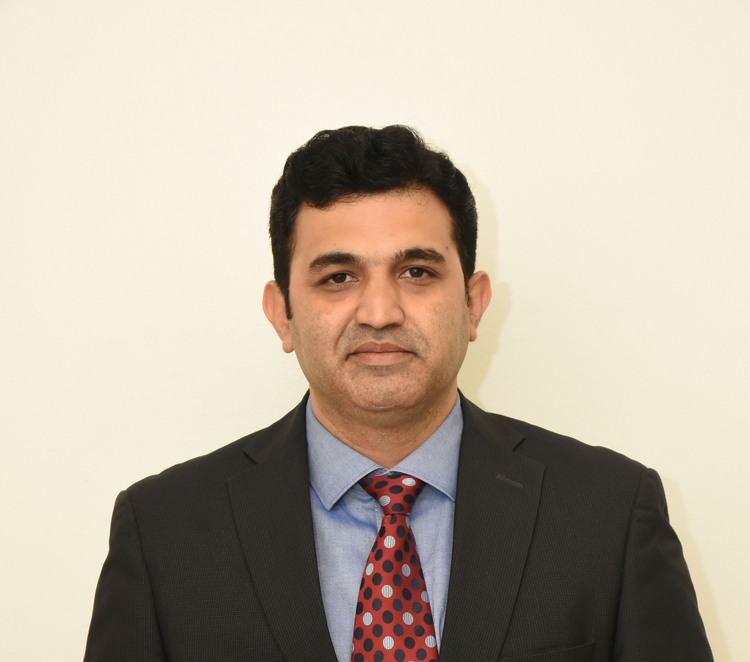Hearing, a fundamental sense often taken for granted, is susceptible to gradual deterioration that can significantly impact our lives. Unlike vision impairment, hearing loss often progresses subtly, making early detection challenging. While age, genetics, and underlying medical conditions contribute to hearing decline, lifestyle choices play a crucial role, especially in younger and middle-aged adults. Seemingly innocuous daily habits can cumulatively damage the delicate structures of the ear, leading to irreversible hearing loss. Understanding and modifying these habits is vital for preserving auditory health and maintaining overall well-being.
One of the most prevalent contributors to hearing loss in modern society is the widespread use of earbuds and headphones at high volumes. The direct transmission of loud music into the ear canal can irreparably damage the hair cells within the inner ear, crucial for converting sound vibrations into electrical signals that the brain interprets. Once these hair cells are damaged, they do not regenerate, leading to permanent hearing impairment. Adhering to the “60/60 rule”—listening at a maximum of 60% volume for no more than 60 minutes at a time—is a crucial preventative measure. Taking frequent breaks from headphone use also allows the ears to recover and minimizes the risk of long-term damage.
Contrary to popular belief, using cotton swabs to clean the ears is detrimental to ear health. Rather than removing earwax, cotton swabs often push it deeper into the ear canal, potentially causing blockages, infections, and even injury to the eardrum. The ear possesses a natural self-cleaning mechanism, and in most cases, intervention is unnecessary. Excessive cleaning disrupts this natural process and can exacerbate earwax buildup. If earwax accumulation becomes problematic, consulting an ENT specialist for professional removal is recommended.
Exposure to loud noises, whether from construction sites, concerts, loud appliances, or even prolonged traffic noise, poses a significant threat to hearing. Extended exposure to high decibel levels can lead to noise-induced hearing loss, a cumulative and irreversible condition. Protecting the ears in noisy environments is essential. Utilizing earplugs or noise-canceling headphones can significantly reduce the impact of loud noises. When possible, minimizing exposure by stepping away from the noise source or taking breaks in quieter areas is highly beneficial.
Beyond loud music and environmental noise, everyday appliances can also contribute to hearing damage. Prolonged and frequent exposure to hair dryers, mixers, vacuum cleaners, and other household devices, while seemingly harmless individually, can have a cumulative effect on hearing over time. Limiting exposure to these noises by taking breaks or using hearing protection when using these appliances for extended periods can minimize their impact on hearing health.
Over-the-counter painkillers, such as aspirin, ibuprofen, and naproxen, while effective for pain relief, can negatively affect hearing when used excessively. High doses or prolonged use of these medications can restrict blood flow to the cochlea, a vital part of the inner ear responsible for hearing. This reduced blood flow can impair cochlear function and contribute to hearing decline. Consulting a doctor before long-term use of these medications and exploring alternative pain management strategies can help mitigate the risk to hearing health. Furthermore, underlying health conditions like smoking, chronic stress, uncontrolled diabetes, and high blood pressure can also compromise blood flow to the inner ear, accelerating hearing loss. Managing these conditions through lifestyle modifications and medical interventions is crucial for preserving hearing.
Ignoring ear infections, particularly in children, can have serious consequences for hearing. Untreated ear infections can lead to temporary or even permanent hearing loss. While adults may dismiss minor ear discomfort, persistent pain, discharge, or changes in hearing should not be ignored. Prompt evaluation by an ENT specialist is essential to diagnose and treat the infection, preventing potential long-term damage. Hearing loss, while often irreversible, is largely preventable through conscious lifestyle choices and proactive healthcare. Regular hearing check-ups, especially after the age of 40 or for individuals frequently exposed to loud noise, are crucial for early detection and intervention. By being mindful of daily habits and prioritizing ear health, individuals can safeguard their hearing and maintain a high quality of life. Good hearing is not merely about avoiding hearing aids; it’s about preserving the ability to connect, communicate, and fully experience the world around us.














